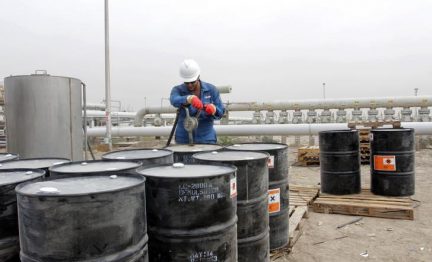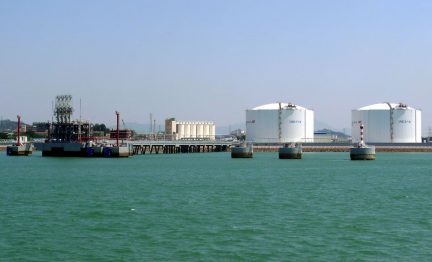EIA slashes US, Global oil demand forecasts for 2025
U.S. and global oil demand growth will be smaller next year than prior forecasts, the U.S. Energy Information Administration said in its Short-Term Energy Outlook report

U.S. and global oil demand growth will be smaller next year than prior forecasts, the U.S. Energy Information Administration said in its Short-Term Energy Outlook report

OPEC cut its forecast for global oil demand growth in 2024 reflecting data received so far this year and also trimmed its expectation for next year, marking the producer group’s second consecutive downward revision

Oil prices plummeted, erasing their gains for the year, after a deal to restore Libyan supplies shifted market focus back to concerns about weak global crude demand
The largest U.S. oil company, Exxon Mobil, stated that oil and natural gas “will remain essential” in 2050, despite climate goals and changes in energy demand, due to their increasing use in the industrial sector

Global demand increased by 710,000 bpd in the second quarter, the smallest quarterly increase in more than a year, according to the IEA’s monthly oil report

OPEC said steady global economic growth has continued in the first half of 2024 and forecast that world oil demand would rise by 2.3 million bpd in the second half

The International Energy Agency (IEA) trimmed its forecast for 2024 oil demand growth, widening the gap with producer group OPEC in terms of expectations for this year’s global demand outlook

The Organization of the Petroleum Exporting Countries, in a monthly report, said world oil demand will rise by 2.25 million barrels per day (bpd) in 2024 and by 1.85 million bpd in 2025

In its monthly report, the Organization of the Petroleum Exporting Countries said that global oil demand will increase by 2.25 million barrels per day (bpd) in 2024 and by 1.85 million bpd in 2025

“The global oil market is relatively well-supplied, with demand growth decelerating, while supply shows an increase in America,” said the head of the oil markets and industry division at the International Energy Agency (IEA)